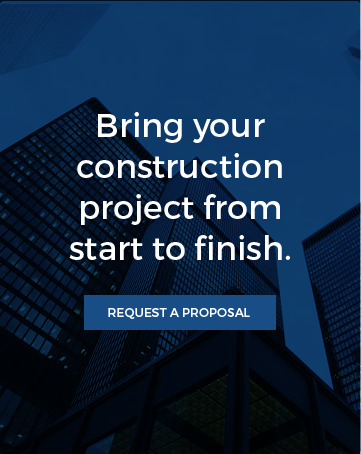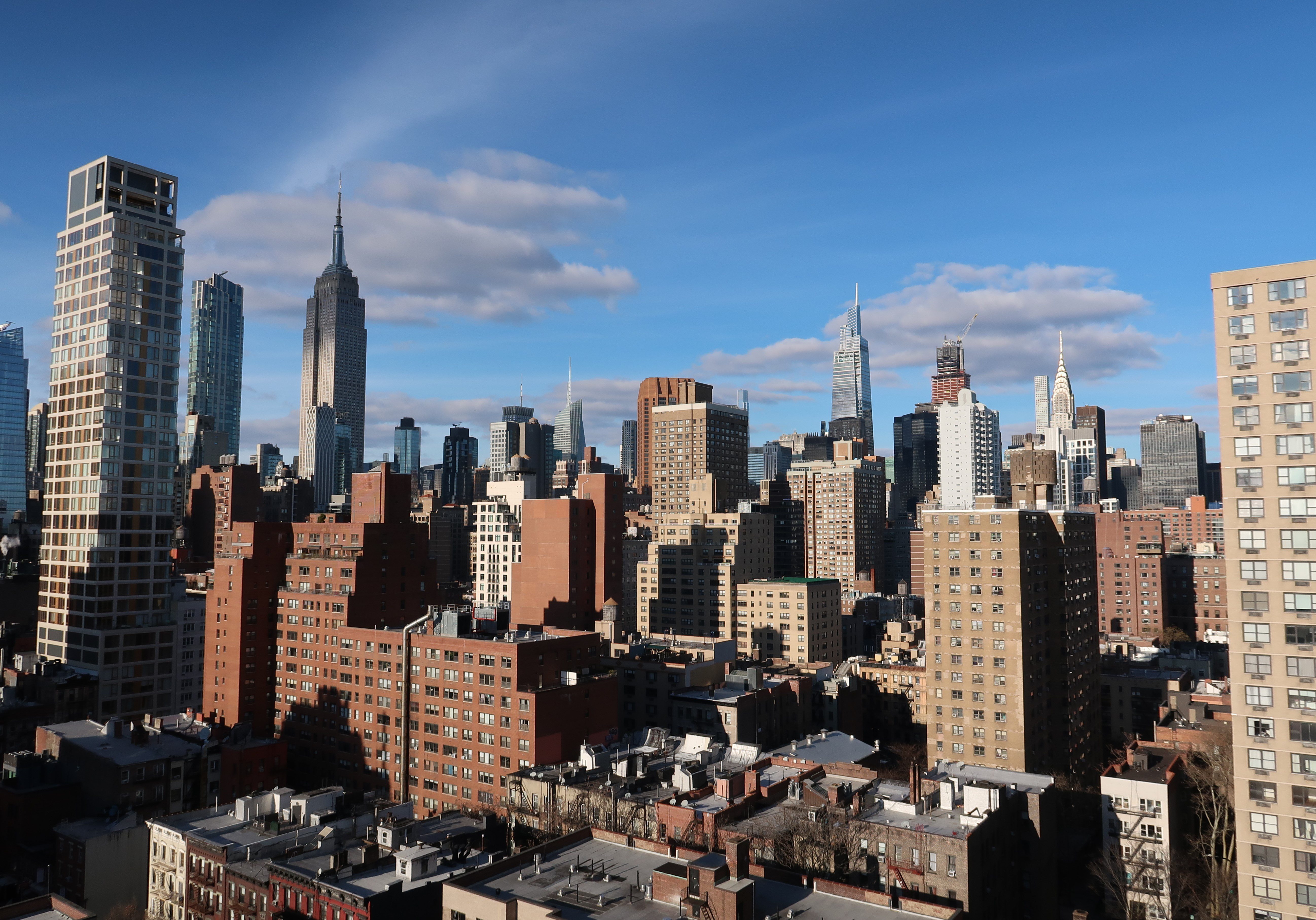Home to some of the country’s most revered national relics, Philadelphia is one of the most historic cities in the U.S. But that means large parts of it are protected as historic places of interest, and that can make getting a building a permit a daunting task for anyone involved in a construction project.
In our latest permitting guide, we take you through the entire process to give you everything you need to know to get your building permit successfully approved in Philadelphia with as few headaches as possible.
Continue reading to learn more.
Application requirements
The most important part of your application is your intended scope of work, detailing all of the changes you plan to make to the building or surrounding area. Building officials also require current owner information, including:
- The deed if the property was recently bought/sold
- A copy of the lease if the application is submitted by one of the building’s tenants
- Proof that the applicant is current on all Philadelphia taxes
Contractor
All projects are required to be carried out by a licensed contractor. The names and details of your contractors must be provided before permits can be accepted. Work on one- or two-family bedroom homes that don’t need an electrical or plumbing permit can be performed by the owner who lives in the building or a registered Pennsylvania home improvement contractor.
Plans/Filing Requirements
Not all projects require plans, but if yours does, you must submit all building plans along with all applicable supporting documents. These can include:
- Application for accelerated review (optional)
- Waste hauler form
- Zoning permit & approved zoning site plan
- Structural design criteria form
- Special inspections documentation
- Energy conservation code compliance documentation
- Energy compliance forms
- Geotechnical investigation report signed and sealed by a professional engineer
- Flood protection forms
- Engineering design calculations
- Engineering inspection reports for existing structures
- Asbestos inspection report
- Executed contract or itemized cost estimate
- Key plan
- Affidavit of limited cooking
- Affidavit of restricted use
Projects that don’t need permits
If your project isn’t in an area listed under the Philadelphia Register of Historic Places, you might not need to apply for a permit. Projects that typically don’t require permits include:
- Regular maintenance
- Fencing up to six feet high
- Retaining walls less than two feet high
- Some exterior projects like sidewalks and driveways
- Interior work like painting and carpeting
- Accessory structures like sheds, playgrounds or swimming pools
The process for building on historic properties
Philadelphia is home to the Liberty Bell, Independence Hall and so many other historic points of interest. As one of the country’s most historic cities, the municipal area is packed with old buildings and areas, and that means you need special permitting to build on them. If you’re building in Philadelphia, there’s a good chance you’ll have to navigate this separate process.
To apply for a permit in an area on the Philadelphia Register of Historic Places, you’ll need to fill out an application with the Philadelphia Historical Commission before you apply for a building permit with the Department of Licenses and Inspection (L&I). You will not get approval if you don’t get a permit from the Historical Commission first.
Once submitted, your application will be reviewed by staff members from the Historical Commission. Your application may also be reviewed by the Architectural Commission if the scope of work includes larger architectural work.
How to apply
There are a few fees you may be required to pay when applying that you should know about. For one- or two-family dwellings, there is an automatic $25 filing fee. Any other occupancies run a fee of $100. Beyond that, you’ll also have to pay a surcharge fee, a record retention fee and a permit fee. Surcharges run $3 per permit at the city level and $4.50 for the state. Record retention fees will cost you $4 per page.
The amount you’ll pay in permit fees can vary widely depending on the type of project you’re proposing. To give you an idea, we’ve listed some of the fee amounts below:
- Alterations and repairs: Between $62 and $207 for one- and two-family dwellings less than 500 sq. ft.
- Minor alterations: Between $56 and $62
- Fire suppression equipment: Between $12.40 and $155
You will only be required to pay their permit fees once their project has been approved. To get approval, you need to submit your completed application, all application materials and your filing fee to the Permit and License Center. Processing times vary depending on the project type, but you can expect to wait anywhere between 10 and 20 business days. That process might take longer if your project requires approval from other municipal bodies.
If your project isn’t approved, you will receive a notice via email telling you what information you’re missing or need to provide. Once this is supplied, the process will begin again. If approved, you’ll receive a Certificate of Approval, after which you can begin construction.
Applying online
You have the option of bypassing the Permit and License Center and undergoing the entire application process online. Simply upload all required documentation and fees to your online eCLIPSE account. Your application will automatically be submitted through the platform to the relevant government bodies, who will then begin the process as normal.
Completing the application process online generally won’t speed the process up, however; you should still expect to wait between 10 and 20 business days to receive a decision.
The optional accelerated process
You have the option to expedite the process by paying an additional fee. If you wish to apply for the expedited process, you must pay a $2,000 fee, $350 of which is due up front when you send in your application. The remainder will be due once the project is approved. You will still be required to pay all other fees in addition to the accelerated fee, including the permit fee, when your project gets approval.
If you choose this track, you can expect to receive a decision on your application within five business days. It’s important to note that the accelerated process only applies to the L&I portion of the review — applications that require approval from any other municipal bodies will not be accelerated at that stage of the process.
Streamline the process with Milrose Consultants
If you have a project lined up and you’re ready to get started, it’s important to have the right team of experts on your side.
Our team of consultants and permit advisers at Milrose has more than 30 years of experience helping people navigate the permit approval process. That means we have the expertise you need to ensure your project gets approved and completed in a timely fashion. Contact us today to learn more about our services.



-2.png)
-3.png)

